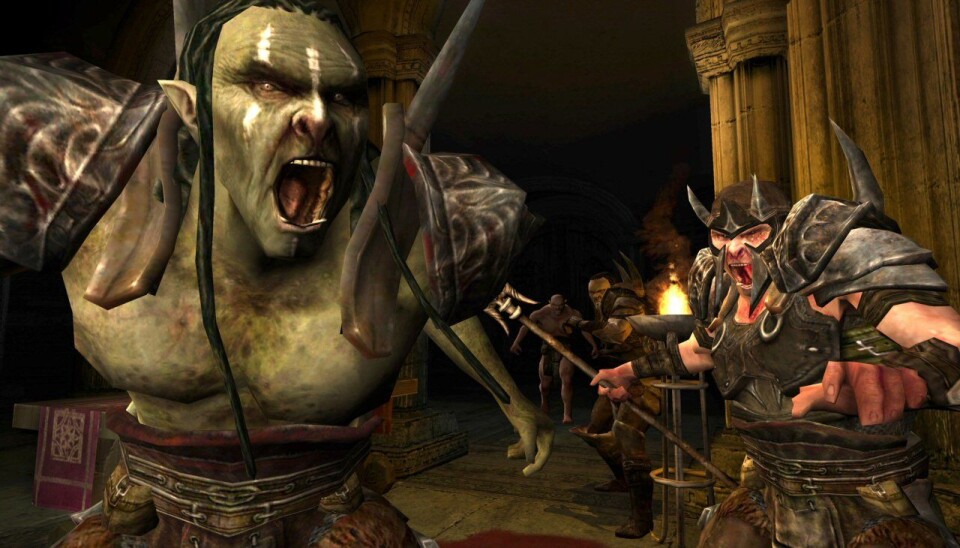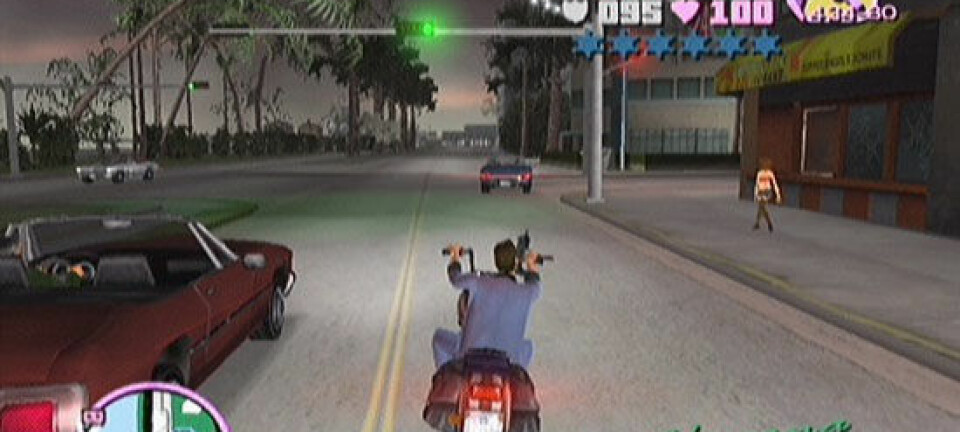
Violent computer games cleared by researchers
New Swedish study breaks with previous research on the link between computer games and violence. It turns out that success in the games requires cooperation and patience.
Countless studies have shown that aggressive games create violent psychopaths who vandalise streets, alleys and schools.
In only the last two years, at least four studies have shown that gamers become aggressive from playing their computer games.
The basic idea is that the intense and violent on-screen activity lives on after the game has been switched off.
But now three Swedish researchers break with this premise, which they believe is unsubstantiated and flawed.
Aggressive players get worse results
The researchers have looked at what actually happens when we play violent games. They have spent hundreds of hours playing online games and observing other players via video.
They focused on complex games in which the players fight each other in separate teams.
”We studied which characteristics the players needed in order to do well, says Jonas Ivarsson, who together with Ulrika Bennerstedt and Jonas Linderot of Gothenburg University conducted the study ‘How gamers manage aggression’.
”The situations the gamers run into when they play these games require very high levels of cooperation and coordination,” says Ivarsson.
“Gamers with a cool, strategic and focused overview do best, whereas emotional and aggressive players constantly lose.”
Preconceived exaggerations
The defining feature of the games, in other words, is not that they’re violent, but rather that they require cooperation.
This means that – if we pursue the premise from other studies that say the game situation is transferred to reality – gamers would be extremely good collaborators once the game is switched off.
But the Swedish researchers do not believe there is any documentation for such a link.
”The researchers who advocate the view that games promote positive or negative behaviour, without explaining how this behaviour is transferred from one situation to another, are dangerously close to basing their conclusions on preconceived premises,” the researchers write in their article in the Journal of Computer-Supported Collaborative Learning.
Previous research was wrong
Lars Konzack, a Danish game researcher, agrees that previous studies are based on a flawed premise.
He mentions an experiment by Danish public broadcaster DR, which concluded that gamers became aggressive after playing.
“But that was just an interpretation,” he says. “In fact, the experiment showed that players need to move after sitting still for long periods.”
We believe all new entertainment leads to violence
Konzack believes that much of the research in this area is coloured by the researchers’ subjective fear of a media that they basically do not understand.
“Every entertainment media, from jazz music through cartoons to card games, have led to fears of creating violence and aggression,” he says.
“The idea is that gamers cannot distinguish between the game and reality. But there is no evidence for this, and the thought seems very naive when you consider that it was first put forward in 1976 – when computer games consisted of dots on a screen.”
-------------------------------------
Read this story in Danish at videnskab.dk
Translated by: Dann Vinther













